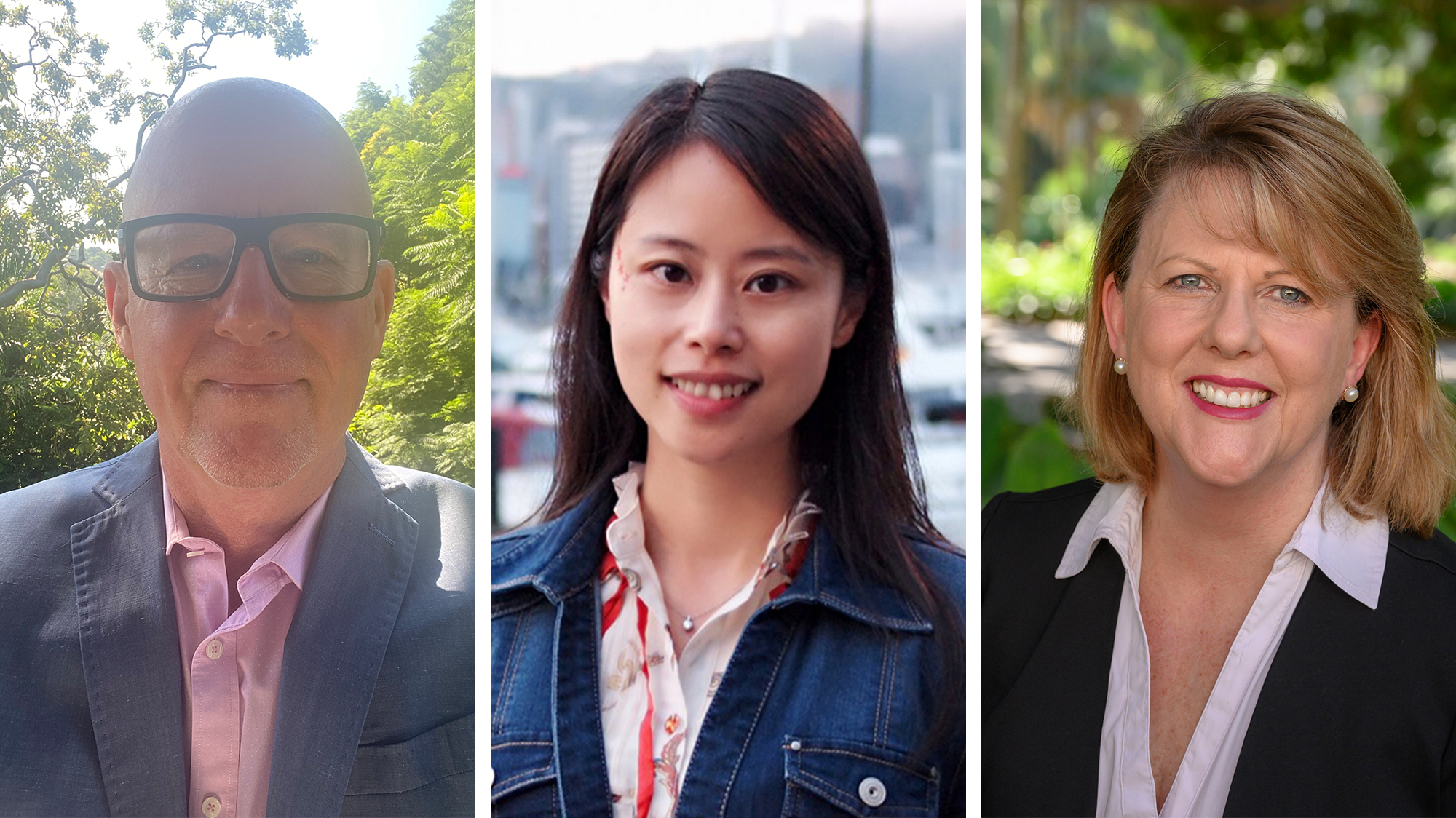With Queensland again under threat from flooding, a QUT project aims to use storytelling to improve disaster communication and awareness among communities in which English is not the first language, including refugees and new migrants.
QUT researchers Dr Jenny Hou, Professor Greg Hearn, and Professor Kim Johnston have received Queensland and Commonwealth Governments joint funding of $305,576 from the Queensland Resilience and Risk Reduction Fund administered by Queensland Reconstruction Authority for their 'Empowering culturally and linguistically diverse (CALD) communities in disasters' project.
Working in a partnership with the disaster management unit of Cairns Regional Council, they are looking for participants to speak of their lived experiences in disaster situations and hope to address the potentially life-threatening information gaps and communication failures in targeting at-risk or disaster-affected CALD communities in Australia.
"CALD communities struggle with inaccessible and insufficient communication. The material designed for the majority can lack cultural relevance or emotional engagement, and these groups are also often underrepresented or misrepresented in the media," said Dr Hou, from QUT's Digital Media Research Centre and School of Communication.
"We have chosen to focus on Far North Queensland as a starting point because it is an area with diverse populations that's also prone to natural disasters like cyclones.
"Three CALD groups will be targeted – refugees, ethnic minorities, and new migrants. The stories of seven participants from each of these groups will help us create case studies that resonate with others, and which can be used training for programs and other materials that are aimed at people in varied communities.

"If we can recognise the problems faced in communicating with such groups before, during and after a disaster, then build appropriate resources for them, we can enable self-resilience and build confidence."
Dr Hou said the case studies would be followed by an audit of communication, education, skills training programs and other material used to connect with CALD communities by local councils, and its affiliates or network members.
The third phase of the project would see the co-design of a workshop involving the research team, CALD participants, council representatives, other relevant agencies, and local influencers to identify what tools are needed for future communication and the safe-guarding of those at risk.
"Our ultimate aim is to create a model of embedding instructive information and an action guide into culturally appropriate and community-driven storytelling to inform, influence and empower CALD communities," she said.
"What we want to see Australia-wide is greater disaster literacy and sustainable resilience in the face of extreme weather events among CALD communities.
'By improving the accuracy of disaster risk perception and identification, better risk reduction behaviours will follow.
"This outcome will benefit the CALD communities but also multiple other stakeholders, including emergency management services, local, state and federal governments, community partners and others."
Dr Hou said the results would also enhance public understanding of disaster inequalities caused by systematic issues such as information asymmetry, language and cultural barriers, and the lack of trust and social connectivity faced by the CALD communities, ultimately facilitating the achievement of disaster/environment justice.






